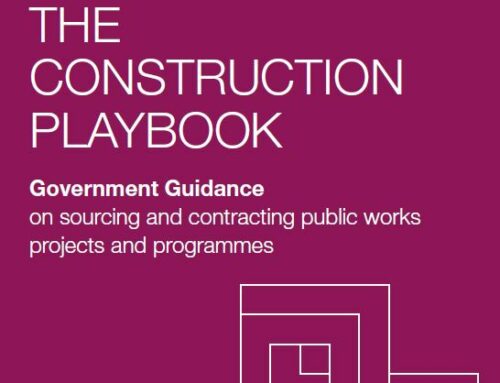The traditional reliance on subcontracting in the construction sector is about to change when HMRC introduces new IR35 employment tax changes this April.
Postponed by a year because of COVID 19, the new rules are designed to remove the tax benefits for contractors working as disguised employees. The legislation shifts the responsibility for determining tax status away from the contractor and onto the business engaging their services. If IR35 applies to the contractor then they must be taxed as an employee under PAYE.
The impact for construction will be significant and most companies in the sector still have no plans to deal with IR35, despite the extra year’s delay. A series of HMRC webinars in January, designed to inform about the pending tax changes, was fully booked within just a few hours of being announced.
HMRC estimates that only around 10% of contractors in construction comply with IR35 rules, which means 90% of contractors in the sector could be affected by the change, reducing their profits by 20%. It’s even harsher for the employer, with potentially up to 37% higher NI contributions for a contractor moving onto their payroll and taking home the same pay.
IR35 was originally introduced for public sector organisations in 2017. The following year almost half of the public sector contractors increased their day rates by 20% to balance the additional cost.
Employers face the risk of hefty fines for non-compliance and any business deemed not to have taken appropriate care to determine IR35 status for every individual engaged via a personal service company will increase their chances of being penalised.
While costs increased, the experience in the public sector suggests that recent prophecies of contractors’ demise may be premature. Similar fears were expressed in 2017, but the reality was that around 89% of public contractors eventually passed IR35 assessments once employers fully understood how to properly undertake the process.
The construction sector needs to heed the lessons from the public sector and use the few weeks left until 6 April to learn the rules and assessment criteria for IR35.
There is more information available at:
https://www.gov.uk/guidance/understanding-off-payroll-working-ir35






